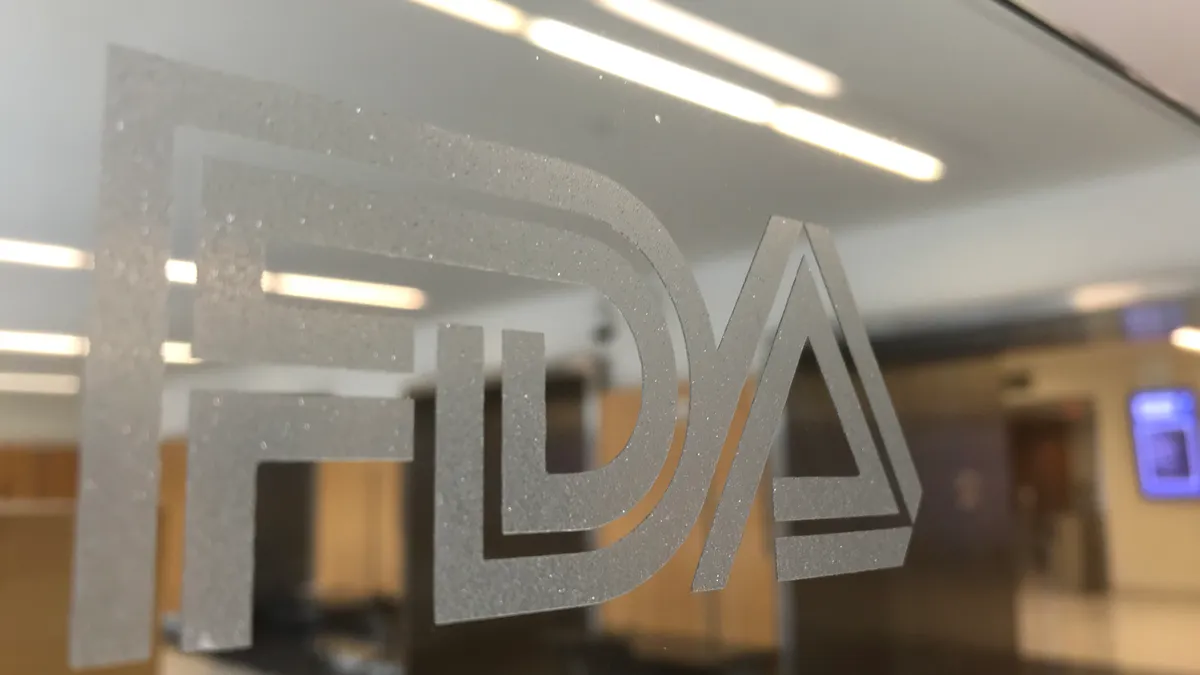Dive Brief:
- FDA said on Friday it granted premarket approval for the first contact lens to be sold in the United States that slows the progression of myopia, or nearsightedness, in children. The soft disposable lens, which is worn and removed daily, is indicated for children ages 8 to 12.
- Approval of the CooperVision MiSight lens was based on positive results from a clinical trial that evaluated the device in 135 children over three years. The study was published in the peer-reviewed journal Optometry and Vision Science.
- CooperVision, a unit of medical device maker The Cooper Companies, said it plans to launch the lens in the U.S. market in March. It is already approved for use in Europe, Canada, Chile, Israel, Singapore, Malaysia, Hong Kong, Australia and New Zealand.
Dive Insight:
The prevalence of myopia in children is rising due to changing lifestyles that find kids spending more time focused on digital screens. The World Health Organization said the problem was "increasing globally at an alarming rate" in a 2015 report. A study of more than 60,000 children in Southern California enrolled in a Kaiser Permanente health plan found myopia was widespread, occurring in 41.9% of 5- to 19-year-olds, with a higher incidence among those getting less than 60 minutes of exercise daily.
In people with myopia, light rays are focused at a point in front of the retina, rather than on its surface, resulting in blurred vision that typically is corrected with glasses or contact lens. CooperVision’s MiSight lens corrects the refractive error but also contains concentric peripheral rings that focus part of the light in front of the retina to reduce the stimulus thought to cause myopia.
The single-use, disposable soft lens is discarded after wear each day and is not intended for overnight use. The lens exceeded $1 million in revenue in the third quarter, more than doubling year over year, and is a key area of investment for the company, Cooper Companies CEO Al White said on the earnings call in August. The product is attracting "significant interest" and is expected to have a "halo effect," increasing demand for the rest of the company’s contact lens portfolio, he said.
MiSight is indicated for the treatment of children ages 8 to 12 who have a refraction of -0.75 to -4.00 diopters with astigmatism equal or less than 0.75 diopters. The company's clinical trial demonstrated the effectiveness of the lens in slowing change in spherical equivalent refraction and axial length over three years.
Study results showed unadjusted change in spherical equivalent refraction was −0.73 D (59%) less in the test group than in the control group. Mean change in axial length was 0.32 mm (52%), also less in the test group than in the control group. No cases of serious ocular adverse events were reported.
Children, particularly those under the age of 12, are an underrepresented population for new medical device innovations. The majority of pediatric approvals over the past decade were indicated for children over age 12, according to a 2017 FDA report to Congress.
"We can't overstate the importance and potential impact of this landmark decision on children's vision, especially considering the rise in myopia's severity and prevalence in the U.S. and worldwide," CooperVision President Daniel McBride said in announcing the FDA approval of the MiSight lens.











